 |
|
|
|
|||||||||
Hu noted the ties have taken an historical turn and seen major accomplishments in the past four years, a time that coincides with Ma's first term in office.
"The peaceful development of relations has won support from both Taiwan residents and the international community," he said.
Envisioning new opportunities in future cross-Straits exchanges, Hu stressed "enhancing mutual political trust" remains the key issue and major drive for the development of ties.
He also said that the two parties, as well as the mainland and Taiwan, should push forward cross-Straits relations "along a correct path" and strive to achieve breakthroughs, including substantial progress in industry, education and culture exchanges.
Chen Xiancai, a researcher at the Taiwan Studies Center in Xiamen University, said regular meetings between the CPC and the KMT have became a pillar to ensure the peaceful development of cross-Straits relations.
"The meeting between Hu and Wu is like a platform for the two parties to accumulate high-level political trust, exchange ideas and reach agreements based on the 1992 Consensus," he said.
Chen also believes such talks would give a stimulus to other political parties in Taiwan which might also come into a gradual exchange process with the CPC.
Ni Yongjie, an expert at the Shanghai Institute of Taiwan Studies, said Thursday's meeting could provide a reference for Ma to map out further polices toward the mainland.
"Ma was re-elected as the island's top leader, which proved that the majority of the Taiwan people supported his policies over the past four years. It will gave him more confidence to strengthen cooperation with the mainland," Ni said.
Given the history of the past century, it is imperative that leaders on both sides of the Straits take every opportunity possible to promote trust, said Ho Lok-sang, director of the Centre for Public Policy Studies, Lingnan University, Hong Kong.
"Both Hu and Wu emphasized the need to promote exchange, trust, and cooperation, which is a welcomed development," Ho said.
On Thursday, Wu and his delegation also went to Biyun Temple in Beijing's Fragrant Hills to pay their respects at a monument to Dr Sun Yat-sen, a revered revolutionary leader who played a pivotal role in overthrowing imperial rule in China.
Wu, on behalf of KMT chairman Ma, bowed three times and laid two yellow wreaths at the monument, one from Ma and one from himself.
Wu, who last visited the monument six years ago, said, "trees planted that year have grown," adding that it was the first time for him to represent Ma while visiting the site.
Wu said that before his departure in Taipei, Ma told him to "tell" Dr Sun that the KMT won this year's leadership election and continued its rule in Taiwan.
Dr Sun died in Beijing on March 12, 1925. His coffin was temporarily kept at Fragrant Hills before moving to the Sun Yat-sen Mausoleum in Nanjing in 1929.
After visiting Beijing, Wu will leave for central Henan province and attend a ceremony commemorating Huangdi, a legendary emperor, on Friday.
Contact the writers at zhaoyinan@chinadaily.com.cn and tanzongyang@chinadaily.com.cn
Bob Lee in Hong Kong contributed to this story.
Wu Ying, iPad, Jeremy Lin, Valentine's Day, Real Name, Whitney Houston, Syria,Iranian issue, Sanyan tourism, Giving birth in Hong Kong, Cadmium spill, housing policy
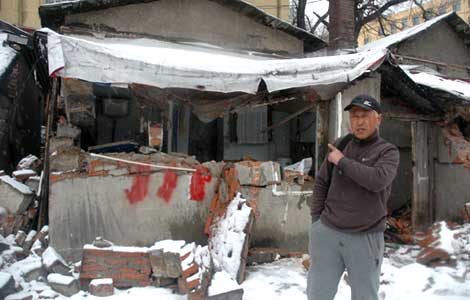
|
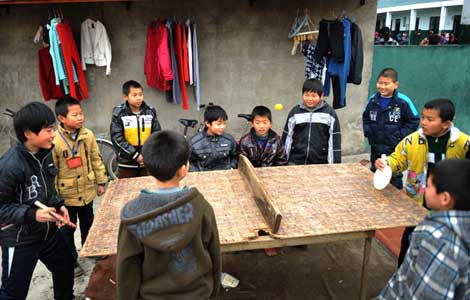
|
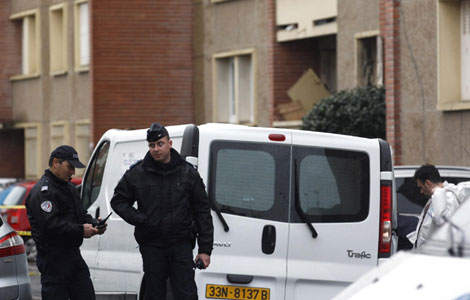
|
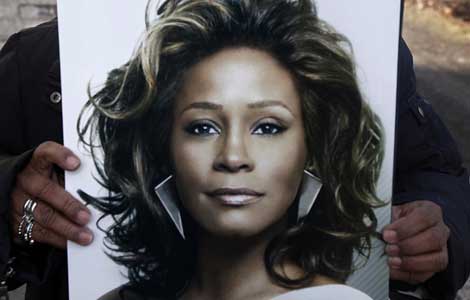
|
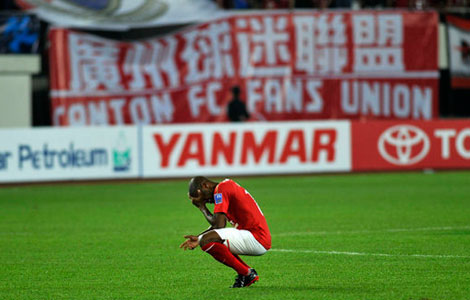
|
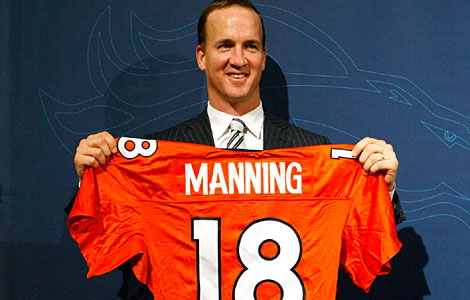
|